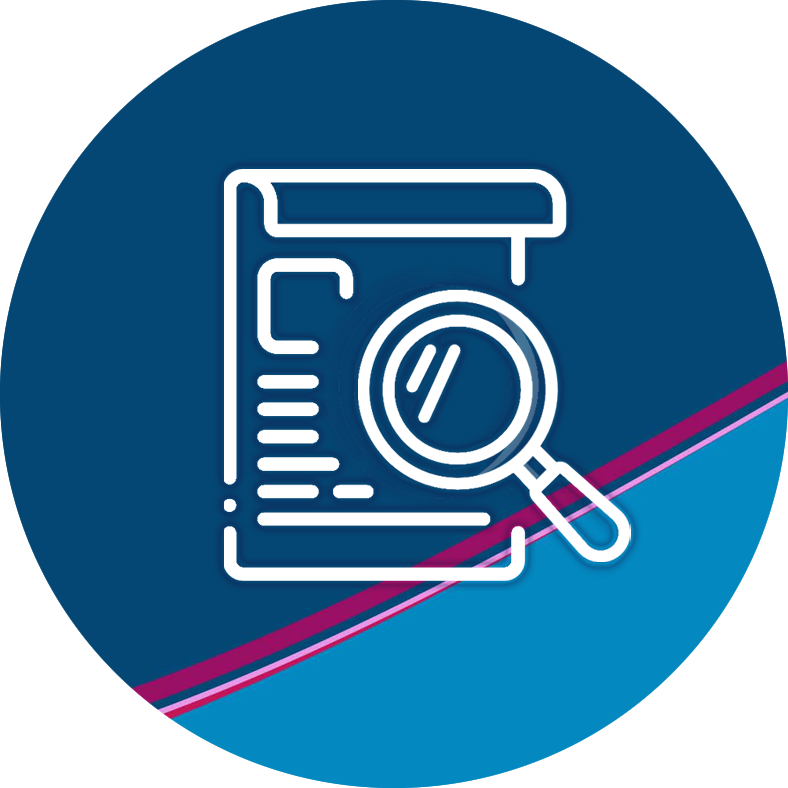Messaggi chiave
- SWOG S107 è uno studio di fase III, randomizzato, controllato con placebo, che si è proposto di valutare se l’aggiunta all’endocrinoterapia (ET) standard di 1 anno di trattamento con everolimus potesse migliorare gli esiti di sopravvivenza in pazienti con carcinoma mammario precoce (eBC) HR+/HER2- ad alto rischio.
- Lo studio ha arruolato un totale di 1939 pazienti. A un follow-up mediano di 55 mesi, non è stato osservato alcun beneficio in sopravvivenza libera da malattia invasiva (IDFS) (hazard ratio [HR], 0,94; IC 95%, 0,77-1,14) o sopravvivenza globale (OS) (HR, 0,97; IC 95%, 0,75-1,26) con everolimus rispetto a placebo. L’ipotesi dei rischi proporzionali non è stata soddisfatta, a suggerire una variabilità significativa dell’HR nel tempo. In un’analisi di sottogruppo non prespecificata, everolimus ha prodotto un miglioramento significativo degli esiti di IDFS e OS nella popolazione in stato premenopausale.
- I tassi di completamento del trattamento sono risultati inferiori nel braccio sperimentale rispetto ai controlli (48 vs 73%), principalmente a causa di una maggiore incidenza di eventi avversi di grado 3 e 4 (35 vs 7%). Nel complesso, questi dati indicano che, a differenza di quanto osservato nel setting metastatico, everolimus non migliora gli esiti in pazienti con eBC ad alto rischio avviate a ET adiuvante dopo il completamento del trattamento CT ed è inoltre associato a un profilo di tossicità scarsamente tollerabile.
Abstract
Purpose
- Phosphatidylinositol 3-kinase/AKT-serine threonine kinase/mammalian target of rapamycin (mTOR) pathway abnormalities contribute to endocrine resistance.
- Everolimus, an mTOR inhibitor, improved progression-free survival in hormone receptor-positive metastatic breast cancer (BC) when combined with endocrine therapy (ET).
- In this phase III randomized, placebo-controlled trial, we assessed the efficacy of everolimus + ET as adjuvant therapy in high-risk, hormone receptor-positive, human epidermal growth factor receptor 2-negative BC after adjuvant/neoadjuvant chemotherapy.
Methods
- Patients were randomly assigned 1:1 to physician’s choice ET and 1 year of everolimus (10 mg orally once daily) or placebo stratified by risk group.
- The primary end point was invasive disease-free survival (IDFS) evaluated by a stratified log-rank test with the HR estimated by Cox regression.
- Subset analyses included preplanned evaluation by risk group and exploratory analyses by menopausal status and age.
- Secondary end points included overall survival (OS) and safety.
- Everolimus did not improve IDFS/OS when added to ET in patients with early-stage high-risk, hormone receptor-positive BC.
Results
- One thousand and nine hundred thirty-nine patients were randomly assigned with 1,792 eligible for analysis.
- Overall, no benefit of everolimus was seen for IDFS (HR, 0.94 [95% CI, 0.77 to 1.14]) or OS (HR, 0.97 [95% CI, 0.75 to 1.26]).
- The assumption of proportional hazards was not met suggesting significant variability in the HR over time since the start of treatment.
- In an unplanned subgroup analysis among postmenopausal patients (N = 1,221), no difference in IDFS (HR, 1.08 [95% CI, 0.86 to 1.36]) or OS (HR, 1.19 [95% CI, 0.89 to 1.60]) was seen.
- In premenopausal patients (N = 571), everolimus improved both IDFS (HR, 0.64 [95% CI, 0.44 to 0.94]) and OS (HR, 0.49 [95% CI, 0.28 to 0.86]).
- Treatment completion rates were lower in the everolimus arm compared with placebo (48 vs 73%) with higher grade 3 and 4 adverse events (35 vs 7%).
Conclusions
- One year of adjuvant everolimus + ET did not improve overall outcomes.
- Subset analysis suggests mTOR inhibition as a possible target for patients who remain premenopausal after chemotherapy.
